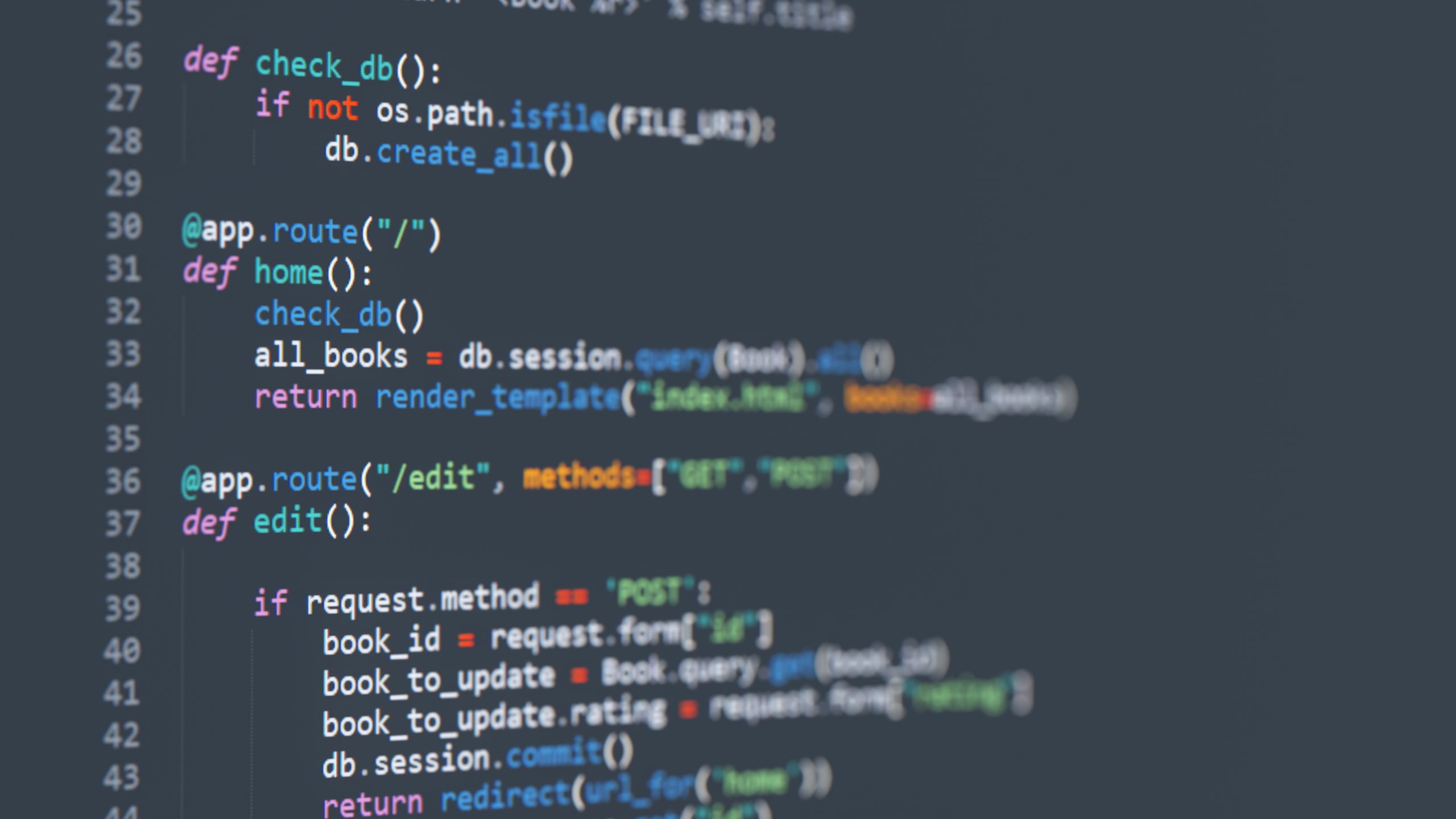Important Questions

1) According to Prensky, there is a large divide between digital immigrants and digital natives. Digital immigrants refers to those "new" to technology, adopting web skills and new things, many of whom were born before the digital age. Digital natives are those born during the digital age who are fully immersed in new technology. This divide also has reflected a change in thinking patterns over the years.
This divide has affected learning in a variety of ways. As Prensky writes, digital immigrants are much more likely to consult other sources while learning, consulting the internet later on. Prensky also writes that, " Digital Immigrant instructors, who speak an outdated language, are struggling to teach a population that speaks an entirely new language." Digital Natives are accustomed to receiving information extremely fast, allowing them to absorb new information at a frightening speed. There are also a variety of new technologies that students are able to use to help with learning, millions of tutorials on the internet, and a wealth of websites to consult. Digital Natives also tend to like graphics more than big blocks of text, something we've learned in this class. The difference in learning styles is pretty crazy! However, even Digital Natives can learn like "older" generations. I'm a Digital Native, yet I still prefer learning from physical materials. My room is practically an archive, filled with records, books, etc. I might as well be a unicorn...
2)Kirschner discusses one of the myths, stating that being a "digital native" doesn't mean that one is digitally "literate". I think that one of the things he means by this is that one can be a digital native and be familiar with technologically, while also not knowing how to use certain technology in depth. For example, we all know what computer coding is, but the majority of digital natives can't code.

This is the case for many technologies. Most people use Instagram surface level, but they don't create a career out of it. Most people use the internet daily, but also don't know how it actually works. Thus being a digital native is not the same as being digitally literate. You can still be a digital native and suck at using technology, preferring physical things. To me, I see being a digital native as more of a time period than a hallmark of being good at tech.
Comments
Post a Comment